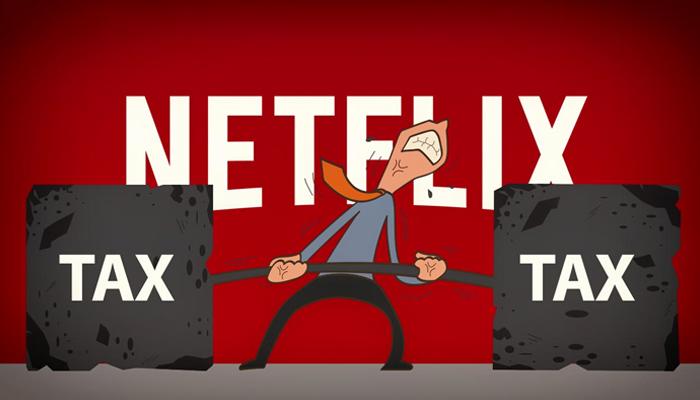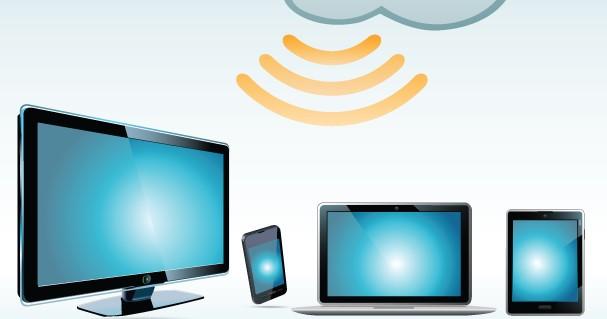The government has never met a novel idea or consumer friendly product that they didn’t want to tax.
The latest case in point? Legislators are now trying to tax Netflix and any other type of content that can be downloaded or streamed. The idea is being pushed forward in Georgia, where lawmakers are proposing a tax on digital video, books, music and video games, according to a new piece in the Atlanta Journal Constitution.
Lawmakers are reportedly being coaxed by “dozens of lobbyists” working on behalf of major communication corporations. To the layperson, this means that the cost of services like Netflix, Hulu and Spotify would all go up.
Streaming content has become a customer-centric and cost efficient service that allows the consumer to cut prices on their entertainment by selecting only what they need. Legislators and internet providers see it as a giant pool of untapped cash that could be used to help build infrastructure in economically depressed areas of Georgia.
Those who are already connected to the Internet would wind up bearing the cost of a 4% tax that would go to benefit residents who don’t have high-speed access to online products yet. Georgia is just the latest state to consider this tax and similar proposals have been introduced in legislatures across the country.
The proposal pits customers against communication companies, like AT&T, who stand to profit as the tax would replace existing higher taxes on cable TV, phones and broadband equipment. About 66% of people in Georgia oppose the idea of taxing internet, TV and phone to raise money for rural internet. For a Netflix customer that pays $12.99 a month, a 4% tax would cost 52 cents per month, or $6.24 per year.
Beverly Barnes, an Atlanta retiree told the AJC:
“We in the city have been taxed enough. I look at my cable and cellphone bill, and I see we have enough fees. Most people move to the country because it’s cheaper out there. Let them pay for that.”
However one state representative, Jay Powell, believes that those who have high-speed access should pay a tax to support people in the state that don’t have it. He calls high-speed internet a “necessity for business, education and healthcare”.
“We are all part of the same state, and we help each other. If Atlanta benefits, then the rest of Georgia benefits. If the rural section of Georgia benefits, then Atlanta benefits. We’re all in it together,” he said.
Nearly 60 lobbyists for cable TV and cell phone companies are helping push the proposal forward, making the argument that every service should be taxed equally.
One rural Georgia resident, Twalla Whitlock, said they needed faster options: “It’s expensive. If they had more towers out here, it would be cheaper. In a lot of areas, they have limited service.”
via ZeroHedge News http://bit.ly/2SrBsnH Tyler Durden


